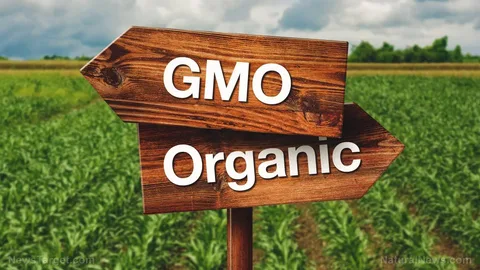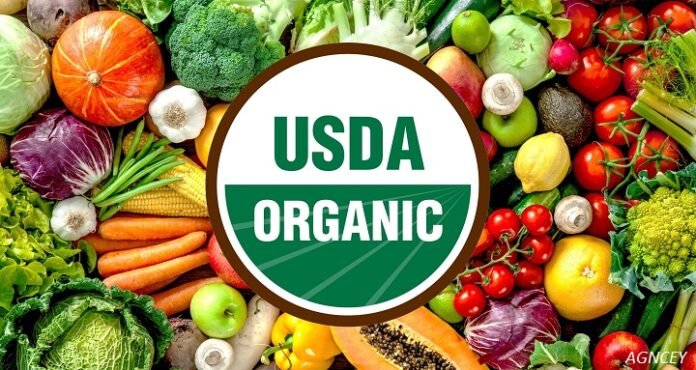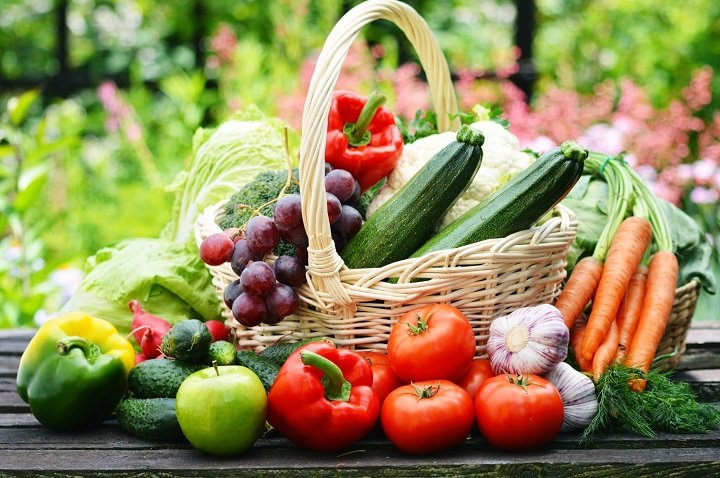Organic Certification In later a long time, natural nourishment has picked up ubiquity among shoppers looking for more beneficial and more naturally inviting choices. But what precisely does “natural certification” cruel, and why is it so imperative? In this web journal post, we’ll investigate the ins and outs of natural certification, its centrality, and how it benefits buyers, agriculturists, and the planet.
What is Natural Certification of Organic Certification
Organic certification is a handle that guarantees that rural items meet particular benchmarks set by administrative bodies. These benchmarks oversee how nourishment is developed, dealt with, and prepared. The objective is to advance maintainable cultivating hones that do not depend on engineered fertilizers, pesticides, or hereditarily altered living beings (GMOs).
When a item is labeled as “natural,” it implies it has been certified by an licensed organization. This certification ensures that the item has been delivered taking after natural cultivating hones. In the Joined together States, the U.S. Office of Horticulture (USDA) manages natural certification.
Why is Natural Certification Important
Organic certification plays a vital part in advancing wellbeing, supportability, and straightforwardness. Here are a few reasons why it matters:
1. Wellbeing Benefits of Organic Certification
Organic cultivating hones decrease presentation to destructive chemicals. By choosing natural items, shoppers can constrain their admissions of pesticide buildups and other engineered added substances. Numerous ponders recommend that natural nourishments may have higher supplement levels, making them a more advantageous choice for families.
2. Natural Sustainability
Organic cultivating is outlined to minimize natural affect. It energizes biodiversity, progresses soil wellbeing, and diminishes contamination. This implies that natural ranches frequently have more beneficial environments, which can offer assistance combat climate alter and protect normal resources.
3. Back for Neighborhood Farmers
Organic certification frequently bolsters little and nearby agriculturists. By acquiring natural items, customers can offer assistance maintain nearby economies and advance moral cultivating hones. Numerous natural ranches utilize maintainable hones that advantage both the environment and their communities.
4. Shopper Trust
Organic certification gives a ensure to buyers. When individuals see the USDA natural seal or other certification marks, they can believe that the item has met strict rules. This believe is basic in a world where buyers are progressively concerned around nourishment quality and safety.
Step 1: Understanding the Standards
Farmers must familiarize themselves with the particular natural measures pertinent in their nation. In the U.S., these measures are sketched out in the USDA National Natural Program (NOP). The rules cover everything from soil quality to bother management.
Step 2: Transitioning to Natural Practices
Farmers must move their ranches to natural hones for a least of three a long time some time recently they can apply for certification. Amid this time, they must kill the utilize of precluded substances like manufactured pesticides and fertilizers.
Step 3: Applying for Certification
Once ranchers have effectively transitioned their hones, they can apply for certification through an certify certifying operator. The application ordinarily includes giving point by point data around cultivating hones, record-keeping, and dealing with procedures.
Step 4: Inspection
After applying, an reviewer from the certifying office will visit the cultivate to assess compliance with natural guidelines. This review may incorporate soil tests, checking on records, and watching cultivating practices.
Step 5: Certification Decision
Based on the review comes about, the certifying organization will choose whether to allow certification. If affirmed, the agriculturist can at that point offer their items as natural. Normal reviews are required to keep up certification, guaranteeing progressing compliance with natural standards.
Myth 1: Natural Nourishments Are Continuously Pesticide-Free
While natural nourishments are developed without engineered pesticides, they can still be treated with characteristic pesticides affirmed for natural cultivating. The key contrast is that these normal substances are for the most part considered more secure for both people and the environment.
Myth 2: Natural Nourishments Are More Nutritious
While a few ponders propose that natural nourishments may contain higher supplement levels, the distinction is frequently negligible. Choosing natural basically benefits shoppers by decreasing chemical exposure.
Myth 3: Natural Certification Is a Showcasing Scam
Organic certification is controlled by government bodies and autonomous organizations. The thorough benchmarks and customary reviews guarantee that customers are getting what they pay for.
1. USDA Natural Seal
In the U.S., the USDA natural seal demonstrates that a item meets the natural measures set by the USDA.
2. Other Certification Marks
Other nations have their claim natural certification frameworks. For occasion, in Canada, see for the Canada Natural symbol. In Europe, check for the EU Natural logo.
3. Item Labels
Read item names carefully. They frequently give data on the rate of natural fixings and whether the item is “100% natural,” “natural,” or “made with natural ingredients.”
1. Developing Demand
Consumer request for natural items has skyrocketed over the past decade. This slant has driven to more ranchers transitioning to natural hones, eventually expanding the supply of natural nourishment in stores.
2. Development in Cultivating Practices
To meet natural certification measures, ranchers are receiving inventive methods that prioritize maintainability and soil wellbeing. This move is driving headways in agrarian innovation and practices.
3. Impact on Policy
The developing notoriety of natural items has impacted rural approach. Governments are progressively supporting natural cultivating through financing, investigate, and improvement initiatives.
The Future of Natural Certification
The future of natural certification looks promising. As mindfulness of the benefits of natural nourishment proceeds to develop, more shoppers are likely to select natural alternatives. Furthermore, the progressing challenges of climate alter and nourishment security are provoking assist intrigued in feasible cultivating practices.
Sustainability Trends
maintainable hones. As these patterns advance, natural certification will likely adjust to meet modern demands.
Innovation in Certification
With progressions in innovation, the certification handle may gotten to be more streamlined. Advanced record-keeping and blockchain innovation might improve straightforwardness and proficiency in natural certification.
Conclusion
Organic certification is an basic perspective of the nourishment industry, guaranteeing that items meet thorough guidelines for wellbeing, security, and maintainability. By choosing natural, buyers can back nearby agriculturists, advance natural wellbeing, and make educated choices approximately their food.





